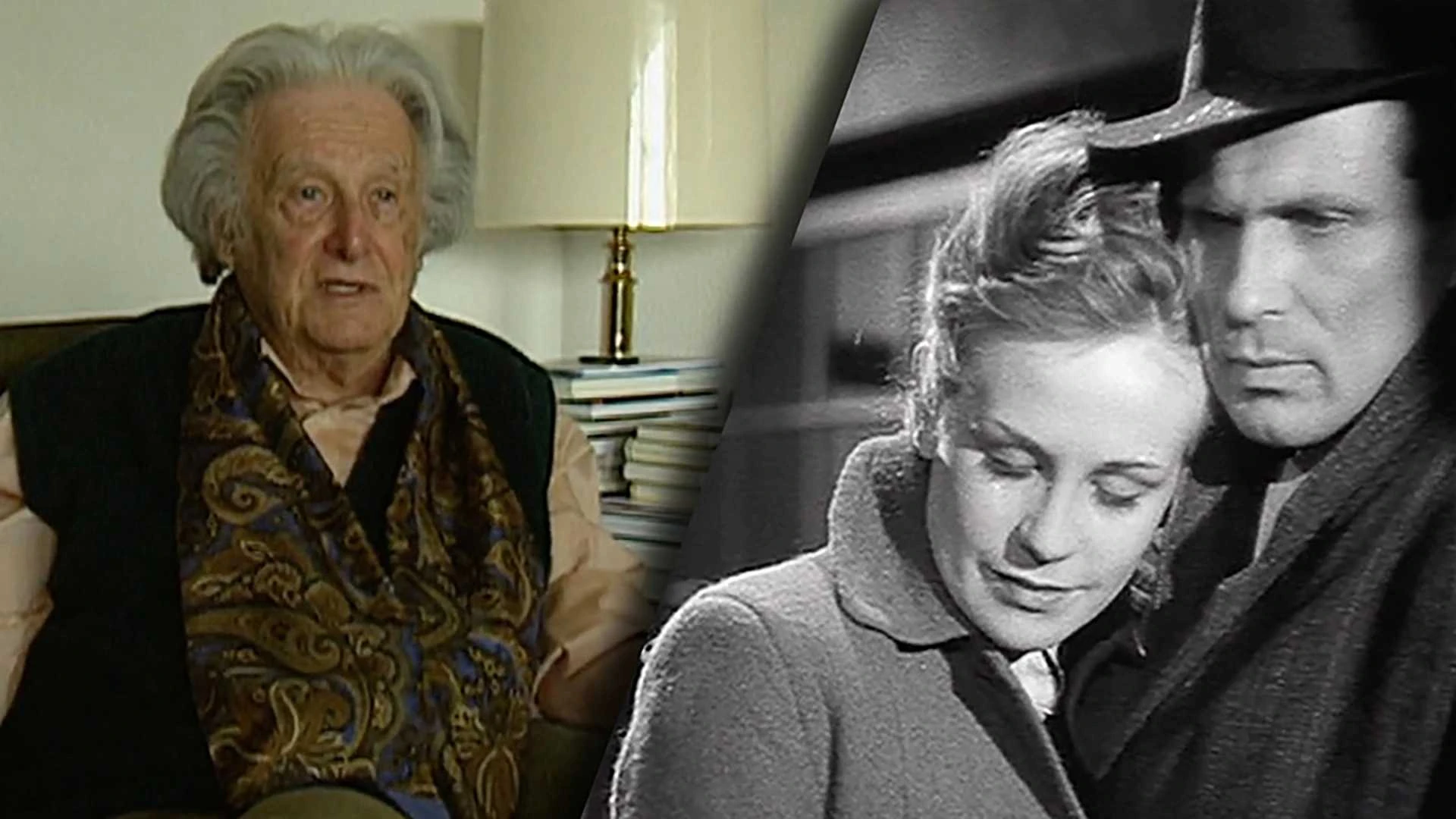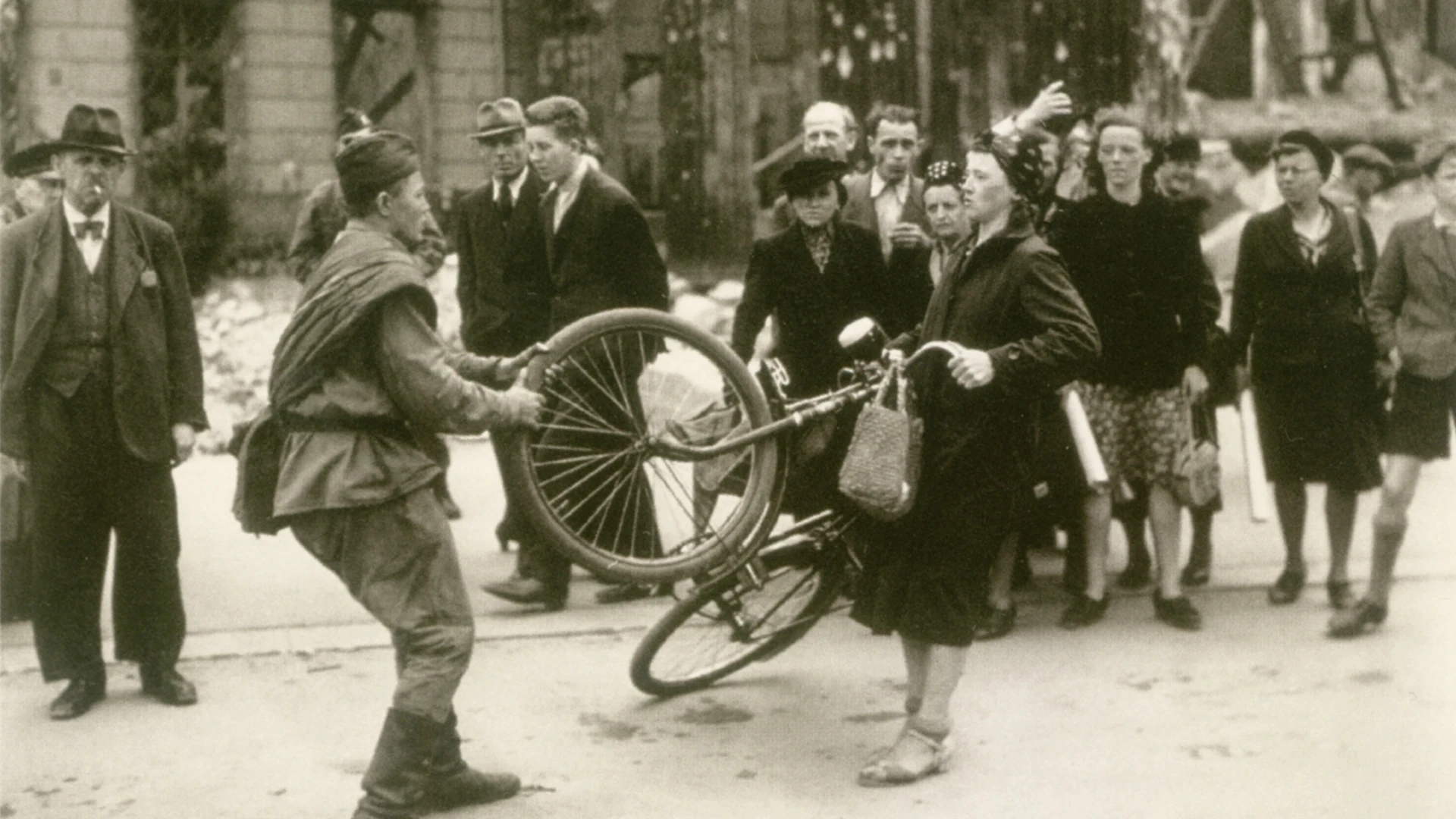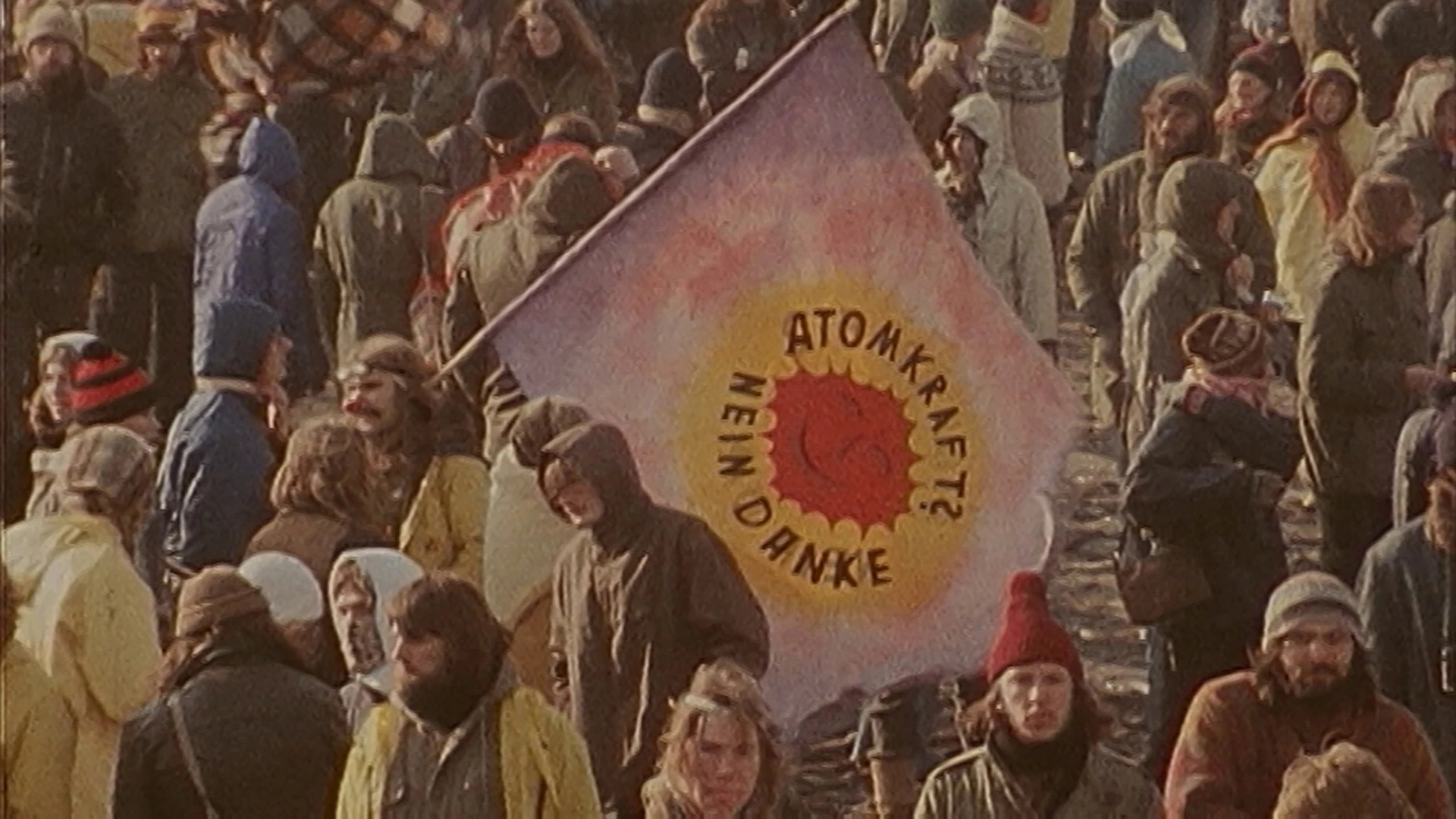20. Jahrhundert: 1945 bis heute | Aufarbeitung des Nationalsozialismus
The Legacy of the Nazi Era
Millions of Germans supported Hitler, hundreds of thousands were actively involved in the Holocaust and war crimes. An host of culprits who go underground in the post-war period. Punish or integrate, that is the question for both German states. In the GDR, anti-fascism is the state-imposed programme. Those who join in, who profess the heritage of communist resistance, are entitled to leave their Nazi past behind. Integration instead of exclusion is the concept. This also applies to the FRG. Even the former hanging judges are dispensing justice again. It is not until 1958 that the process of coming to terms with the Nazi past gains momentum again. A central investigation agency is set up in Ludwigsburg to collect evidence of Nazi crimes throughout Europe. With success: in 1965, SS supervisors of Auschwitz are convicted in a major court case. It is the beginning of a series of criminal trials that try "normal Germans" for their involvement in Nazi crimes. | In this film version, German interviews and historical or literary quotes remain untranslated.
mehr
weniger
GDR, special camps, SED, Nazis and war criminals, NSDAP members, NDPD, Federal Republic, culprits, Hans Globke, Theodor Oberländer, judges, justice, Otmar Baron von Verschuer, research, twins, experiments on live human beings, Auschwitz, Josef Mengele, Weimar, memorial, concentration camp Buchenwald, communist resistance fighters, Communist Resistance, mass rituals, Jud Süß, Veit Harlan, Harlan Process, crimes against humanity, antisemitism, Ulmer-Einsatzgruppen Trial, Ludwigsburg, central investigating agency, Nazi crimes, Frankfurt, Auschwitz Trials, exhibition “Crimes of the Wehrmacht“
Geeignet für die Fächer:
Geschichte
Empfehlung der Medienbegutachtung Baden-Württemberg für den Geschichtsunterricht


